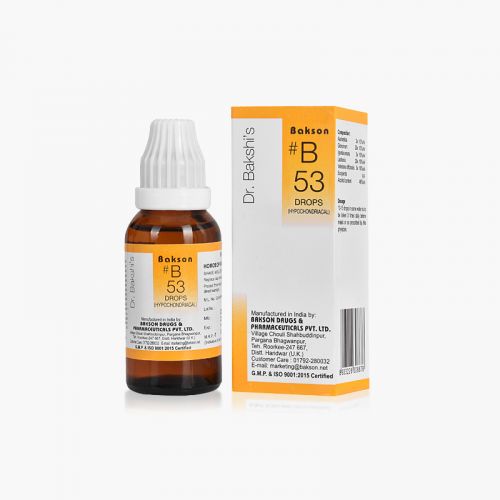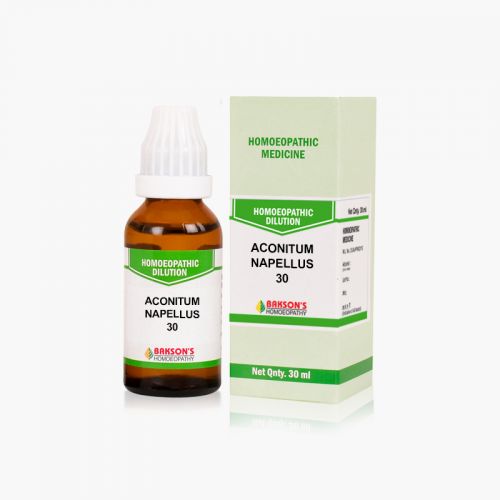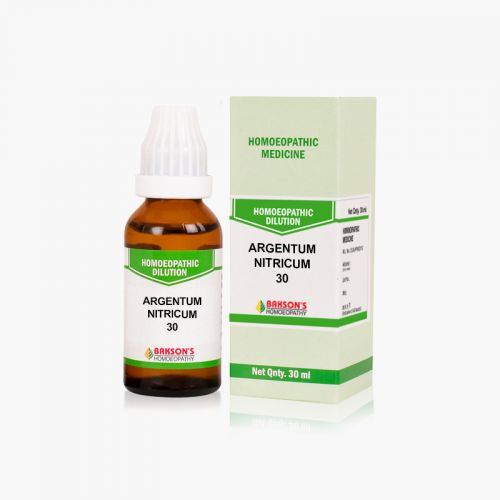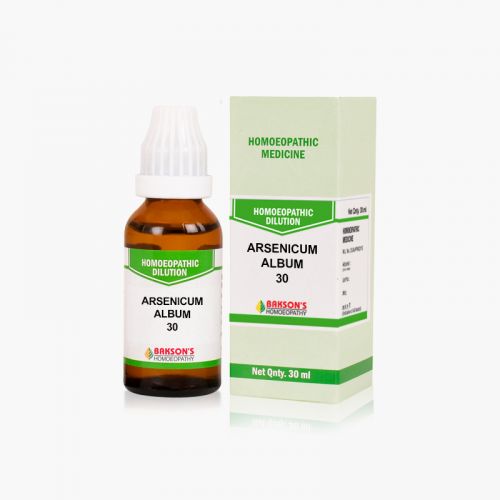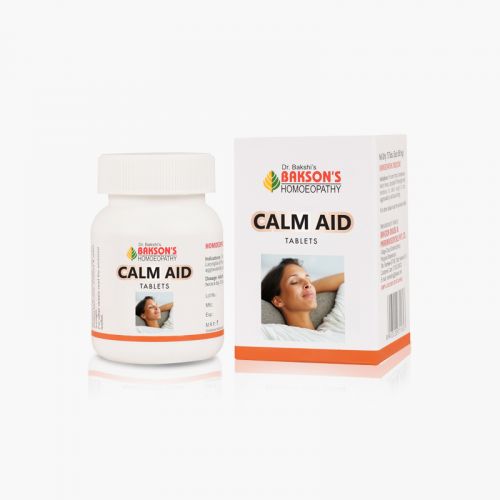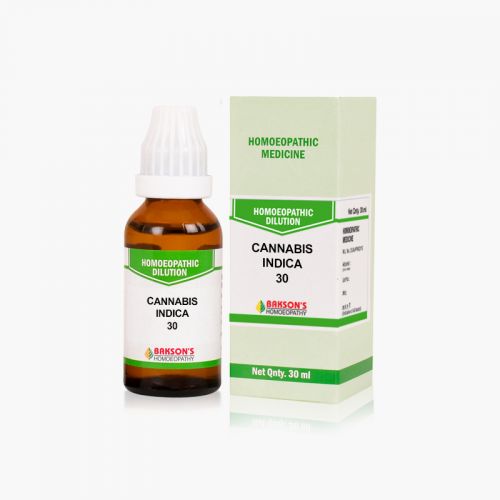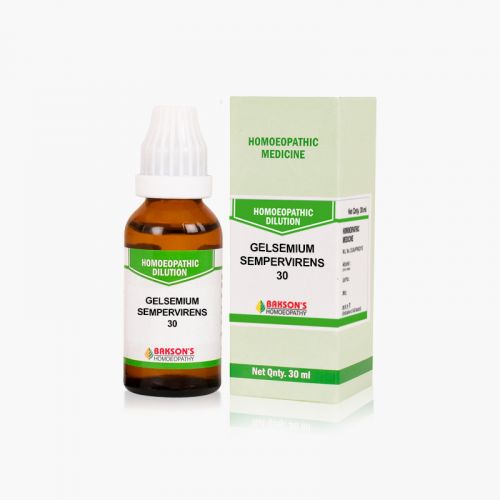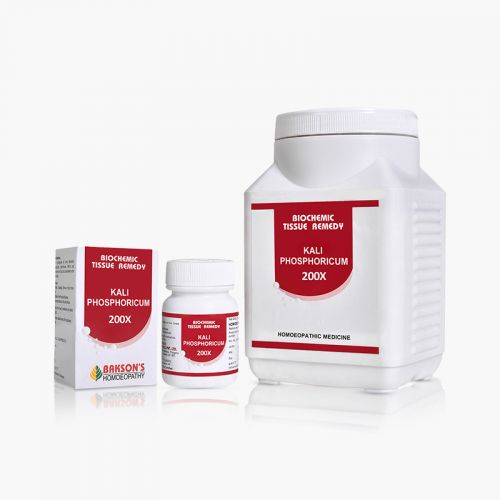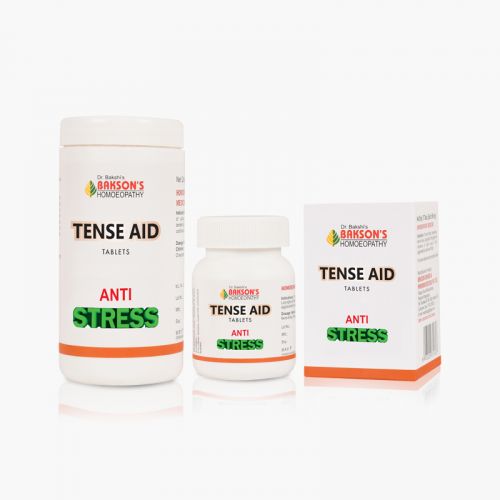We use cookies to make your experience better. To comply with the new e-Privacy directive, we need to ask for your consent to set the cookies. Learn more.
What are Anxiety and Panic Attacks?
Anxiety is an abnormal and overwhelming sense of apprehension and fear often marked by physical signs (such as tension, sweating, and increased pulse rate), by doubt concerning the reality and nature of the threat, and by self-doubt about one's capacity to cope with it.
Panic attack is a brief episode of intense fear or dread that is of sudden onset and typically subsides within 30 minutes, usually occurring for no apparent reason but may sometimes be associated with an identifiable triggering stimulus (such as an existing phobia), and is accompanied by a sense of unreality and impending loss of control and by various debilitating physical symptoms (such as increased heart rate, chest pain, dizziness, and shortness of breath).
Unexpected panic attacks occur without an obvious cause. Expected panic attacks are cued by external stressors, such as phobias.
Approximately, 33.7% of the population are affected by an anxiety disorder during their lifetime.
Risk Factors
Anxiety and panic attacks have common risk factors, which include:
- Traumatic event
- Stressful life event
- Present stress and worries
- Chronic or fatal illness
- Other mental health disorder
- Anxiety or panic disorder in family
- Alcohol or drug use
Causes or Triggers
Expected panic attacks and anxiety can be triggered by certain situations like -
- Stress in job
- Social situation
- Phobias
- Chronic diseases
- Chronic pain
- Alcohol or drug withdrawal
- Certain medications, etc.
Diagnosis is done with the help of presenting complaints, blood tests, psychological analysis and cardiac tests like ECG.
Management
It is important to manage the attack with a proper plan. It is advised to use relaxation techniques, meditate regularly, take deep breaths and to accept the situation while facing an attack. Management of stress, regular exercise, balanced diet, yoga and meditation, etc. are some measures that can be adopted to reduce severity and frequency of attacks.
Warning: Above information provided is an overview of the disease, we strongly recommend a doctorעs consultation to prevent further advancement of disease and/or development of complications.
Disclaimer: The information provided herein on request, is not to be taken as a replacement for medical advice or diagnosis or treatment of any medical condition. DO NOT SELF MEDICATE. PLEASE CONSULT YOUR PHYSICIAN FOR PROPER DIAGNOSIS AND PRESCRIPTION.
- #B 53 DROPSSpecial Price ₹ 160.00 Regular Price ₹ 200.00
- ACONITUM NAPELLUS 30₹ 100.00
- ARGENTUM NITRICUM 30₹ 100.00
- ARSENICUM ALBUM 30₹ 100.00
- CANNABIS INDICA 30₹ 100.00
- GELSEMIUM SEMPERVIRENS 30₹ 100.00
-
-




